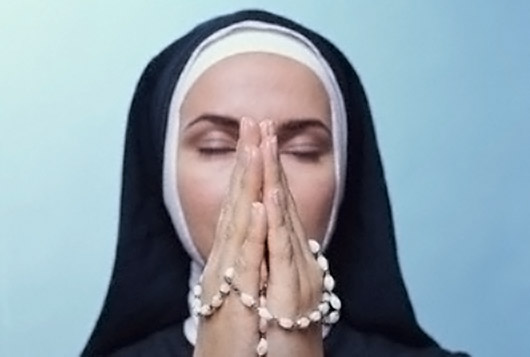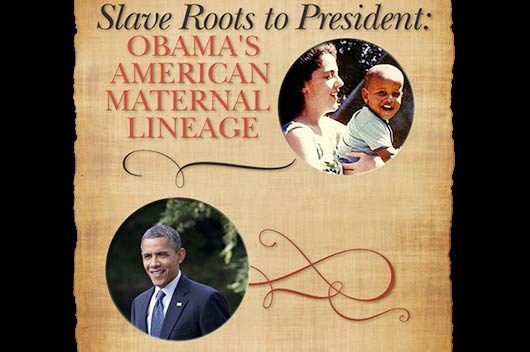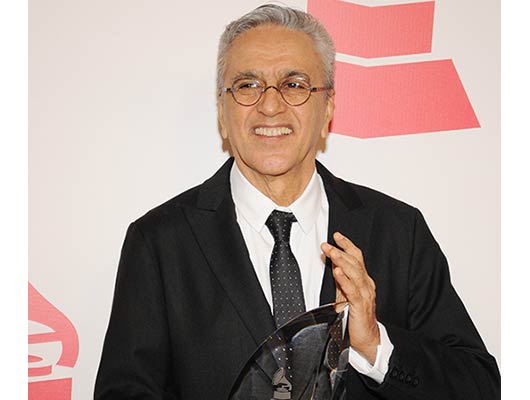
Nuns are often stereotyped into two categories: the pious virgin praying for mercy at the altar or a ruler-wielding tyrant with vinegar breath and a frightful dark habit. In truth, today’s nuns are some of the most progressive, hardest working and bravest souls within the Catholic Church. Many dress in layman’s clothes, shop at Target, and live in their own homes, not convents. They do, however, prefer to keep a low-profile while on their missions to help those less fortunate.
But in April, American Catholic sisters were thrust into the spotlight by the Vatican when it condemned the American nuns’ main organization, Leadership Conference of Women Religious, for having a “radical feminist” agenda. They were blamed for ignoring or contradicting the church’s teachings on abortion and same sex marriage and focusing too much time on the poor and disenfranchised. The Vatican’s leadership also went on to chastise the controversial nuns for making statements that “disagree with or challenge the bishops, who are the church’s authentic teachers of faith and morals.”
The nuns have been fighting back and they have seen a surge in support among American Catholics for their endeavors. Most sisters are too busy working on their missions to worry too much about what the all-male hierarchy is saying in Rome.
SISTERS ON A MISSION
Take Sister Petra Chavez, who began her mission more than half a century ago, and has never had a moment’s hesitation that she is doing what God called her to do. No job, she said, could have been more fulfilling. Even though she has eleven siblings she made a vow not to have a family or husband. It was the right decision for Sister Petra, who is a member of the Sisters of Mercy. “When I entered the community in the 1950s, I felt that women were oppressed. I had friends that were married and I looked at them as being very tied down,” she said. “I didn’t want that for me. I didn’t want a partner making all of my decisions. I found the convent to be my source of liberation.”
Sister Petra went on to live among the poor; she educated migrant farm workers in Colorado and peasants in Peru. But perhaps her greatest mission was educating immigrant women in San Francisco for 25 years, beginning in the late 1980s. In San Francisco, she began a ministry called Caminos where she created a computer skills class for immigrant Latinas. It was tough going at first. She noticed that most of the men in the impoverished neighborhoods of the Mission District were learning English and trying to land jobs as a day laborers or busboys. But their wives were often occupied doing household chores like cooking, cleaning, changing diapers, and taking the kids to school. They were isolated and not learning English.
At first, her students were nervous. They had little or no education and were doubtful they would be able to learn anything. “Some of the men would not let their wives come to the class,” she said. “But we convinced people to come take a chance.” By the end of the first year, all of the women knew how to read and write, as well as use programs like Excel, Adobe, and Photoshop. With the support of the Sisters of Mercy Foundation, Sister Petra offered to give them all a computer to take home. To her surprise, nearly half of the students said no. She later discovered that these women had not told their husbands they were taking the class.
But then the women started showing what they had learned. One woman, who was cleaning homes for a living, was able to fix her boss’ computer when it went on the blink. He paid her $150 on the spot and told her she should change professions. Another woman, who was on the verge of quitting the class because she needed money, began designing menus for the eateries around her neighborhood with the Photoshop skills she had learned. She was able to pay the month’s rent with the cash she earned.
“We need to point folks toward opportunities. That is what nuns are all about,” said Sister Petra. “We advocate for the poor and help them to advocate for themselves. My aim was to level the playing field for immigrant women.”
TAKING THE VOW
Sister Priscilla Moreno, also a Sister of Mercy, remembers growing up poor near Lubbock, Texas. Racism was prevalent but she had her faith and her family. More than 30 years later, Sister Priscilla says she deeply enjoys helping others who feel left out or unwanted because they are different. She taught special education and migrant workers’ children for many years. As the child of migrant workers, she understood the hardships they endure.
And while becoming a nun may not be for everybody, for Sister Priscilla, it has been fulfilling and enriching.
“Religious life is not easy but we all have our problems. Religious, single, or married we all have our struggles in life,” she said. “This has given me opportunities I never would have had. To me it has been to touch those in need and spread the Gospel of God.”
Indeed, Sister Petra would agree she made the right call back on that day in 1963 when she made her vows to God. “My life has been a lot of fun,” said Sister Petra. “My mission has been very empowering for me. I have met so many women who have inspired me and kept me pushing forward. I wouldn’t change a minute of it. If I had to this over again, I would do everything exactly the same way.”











